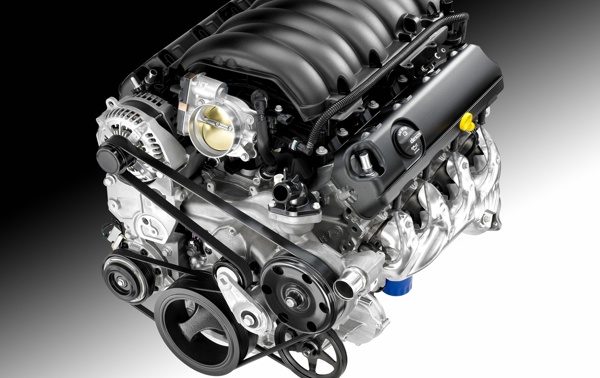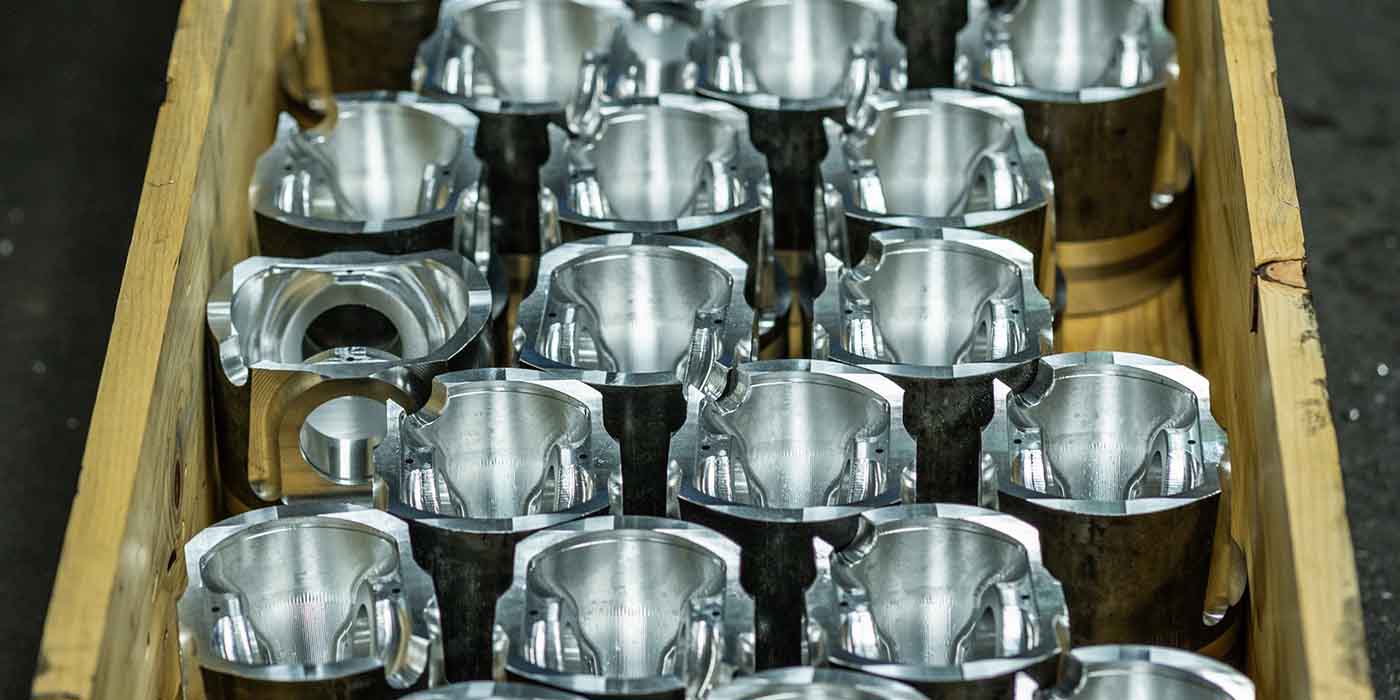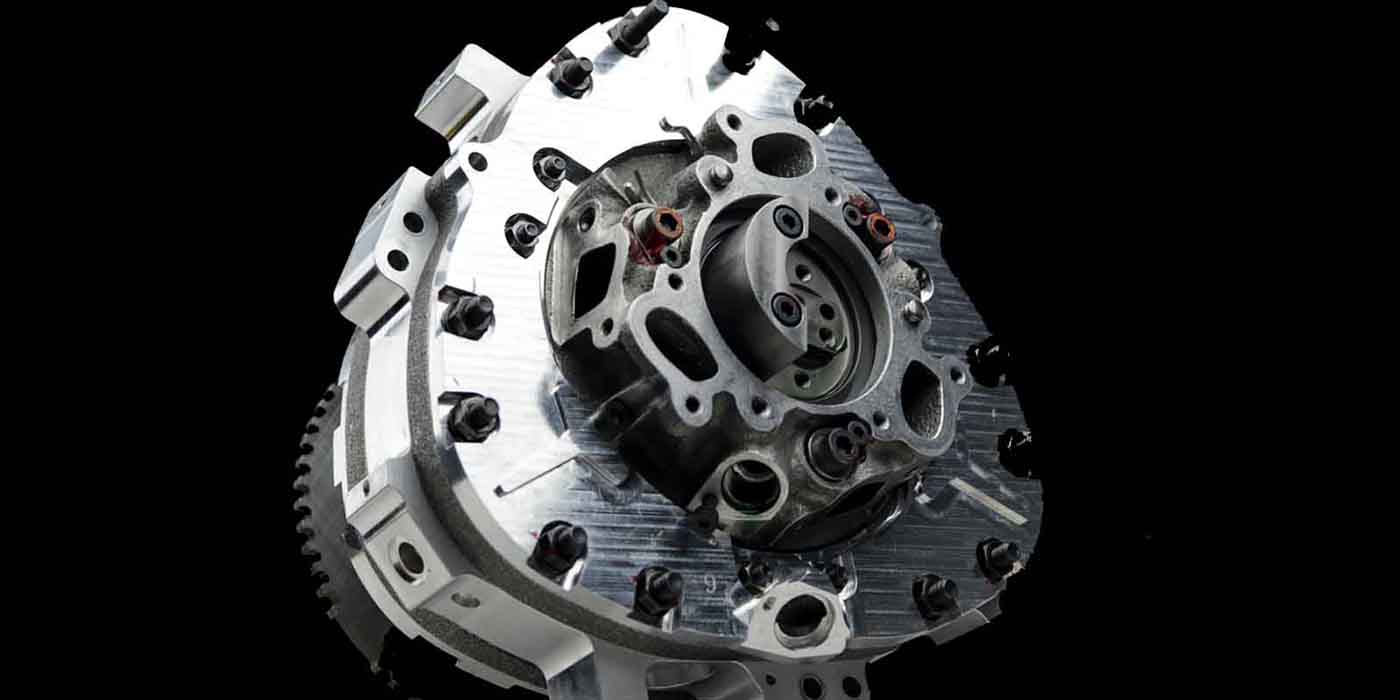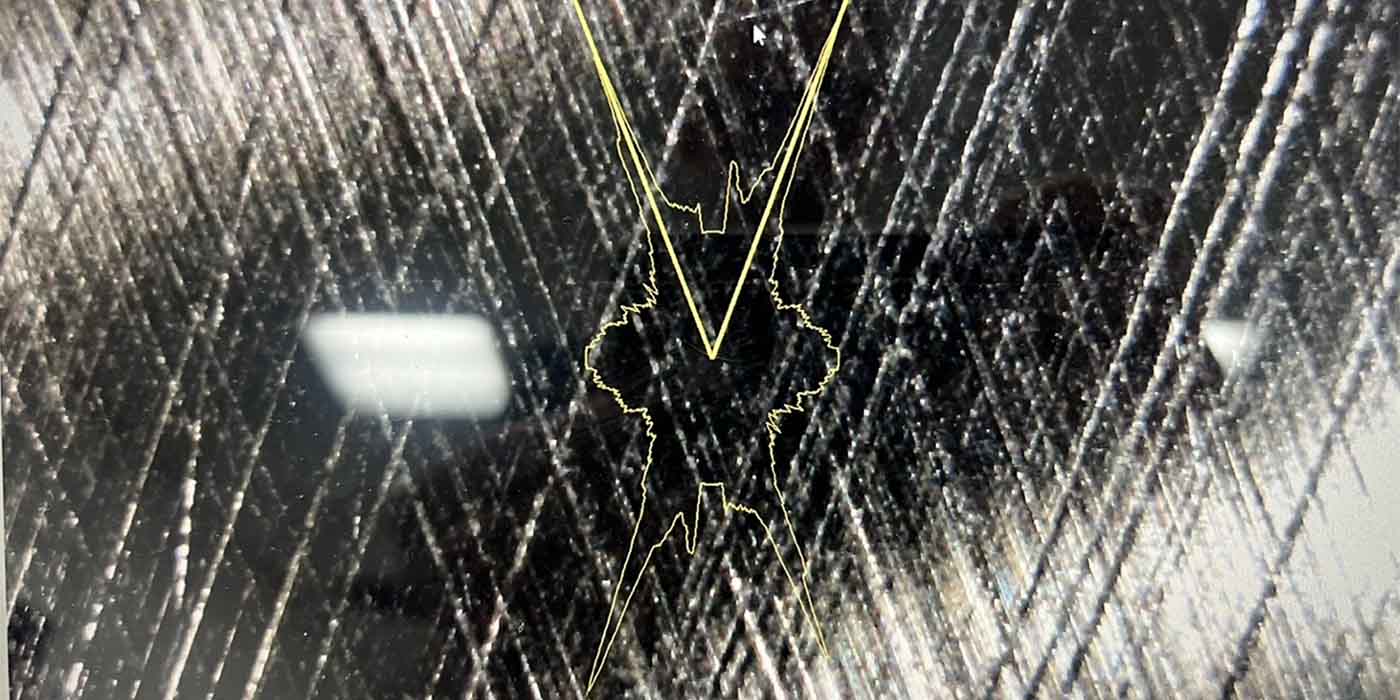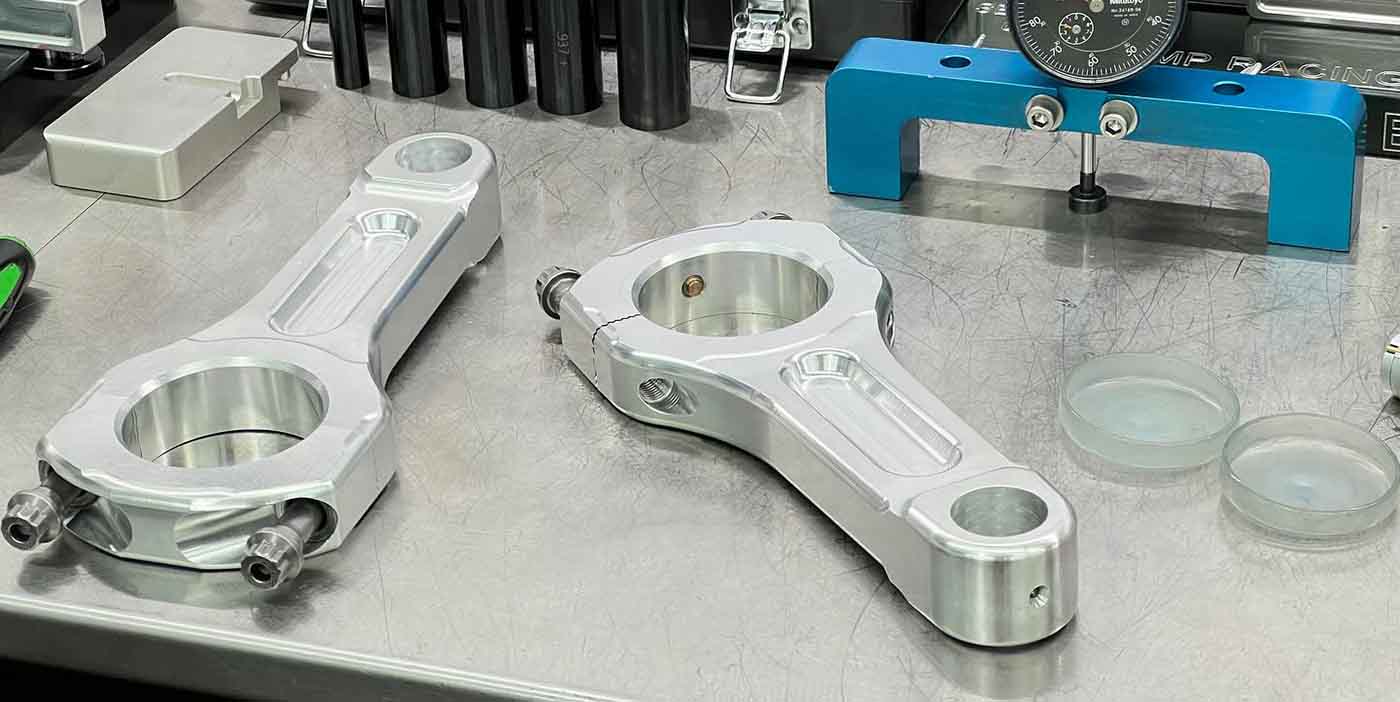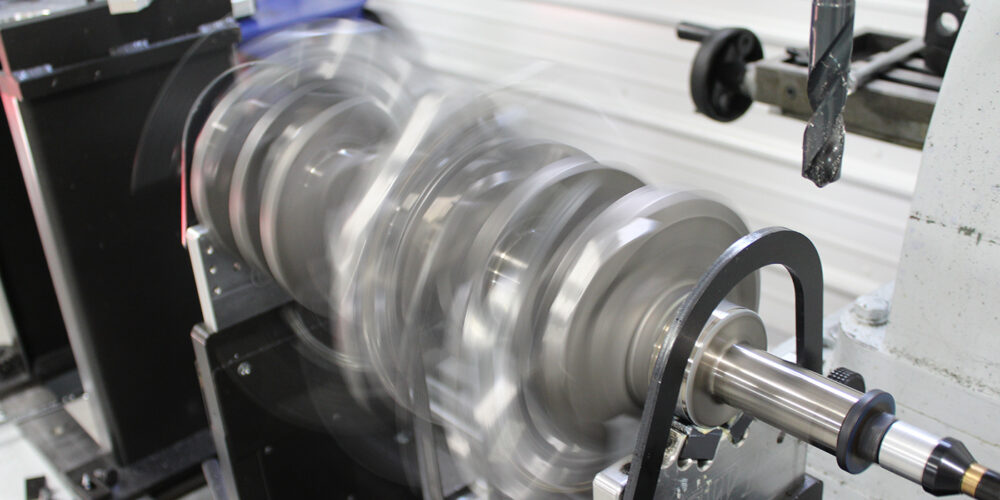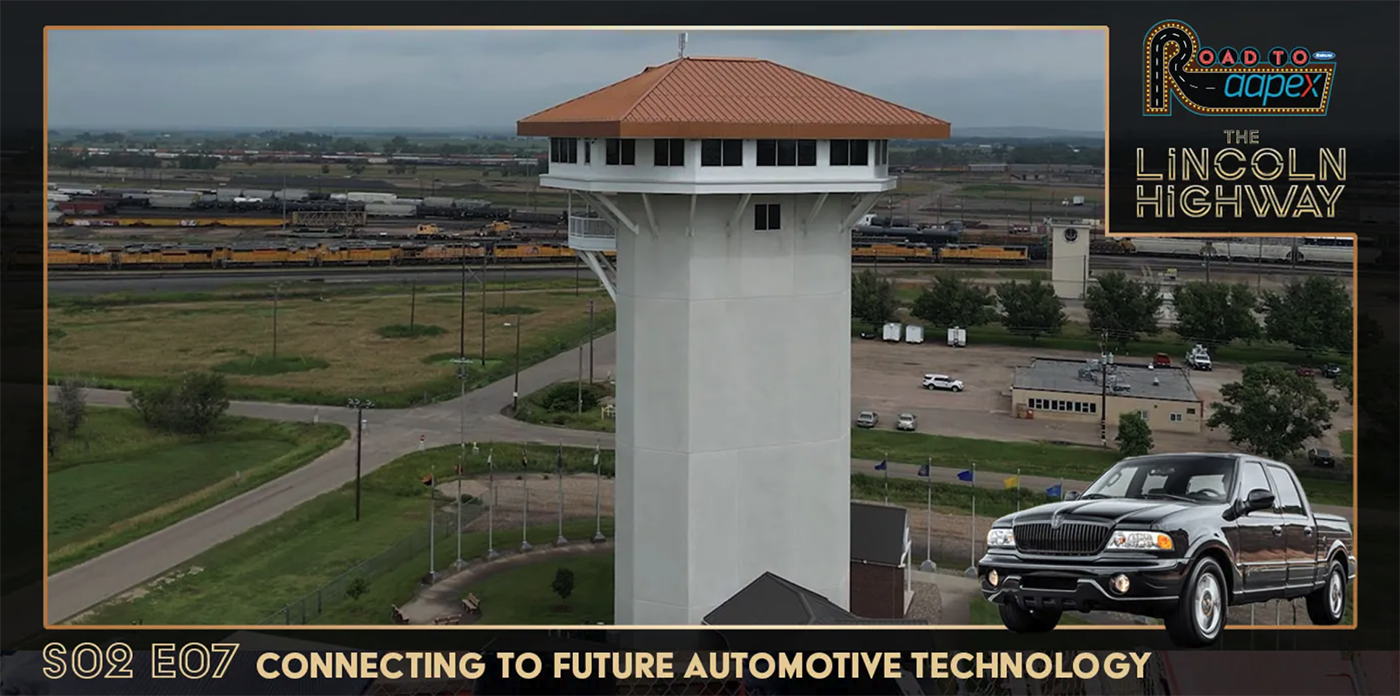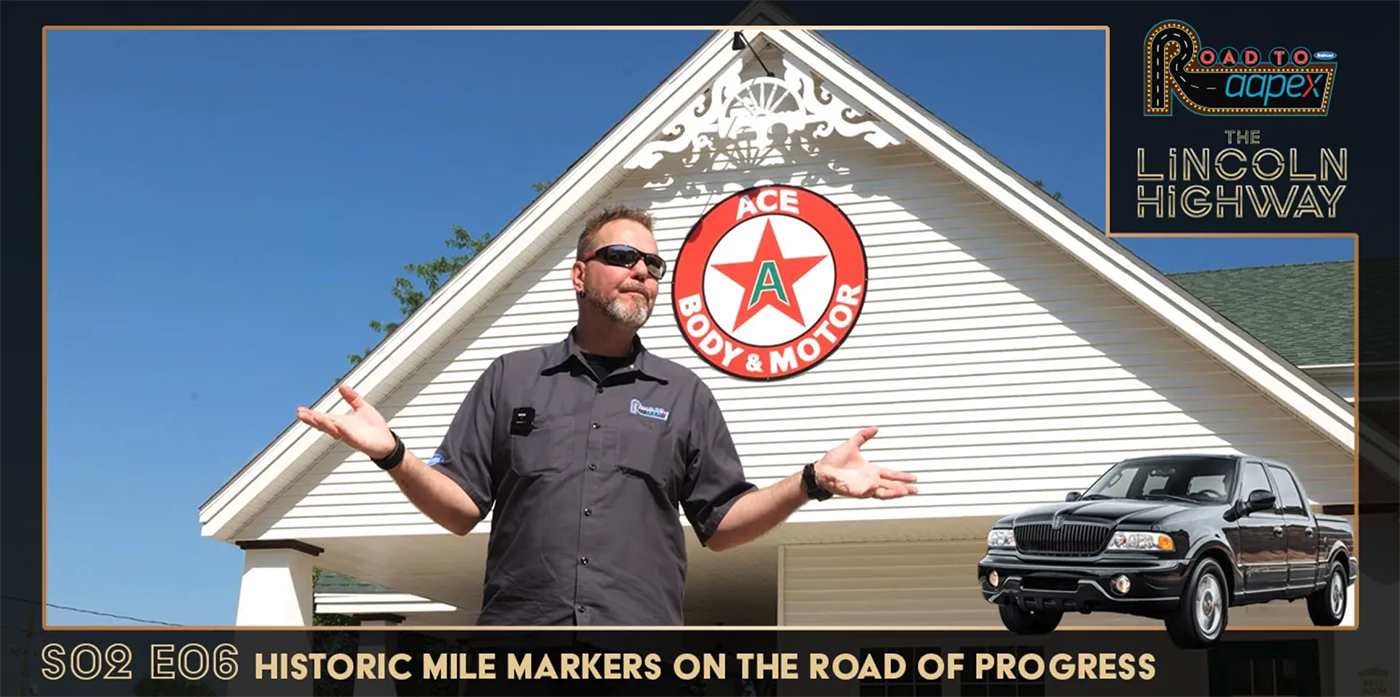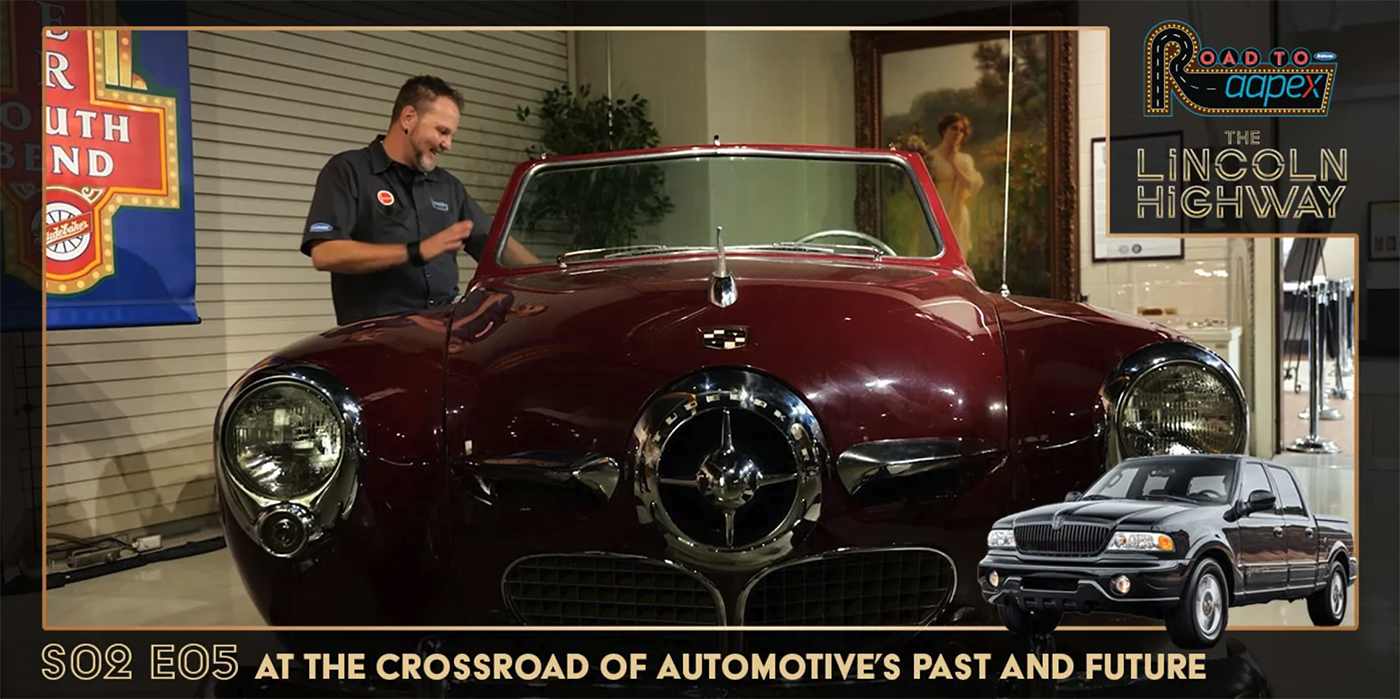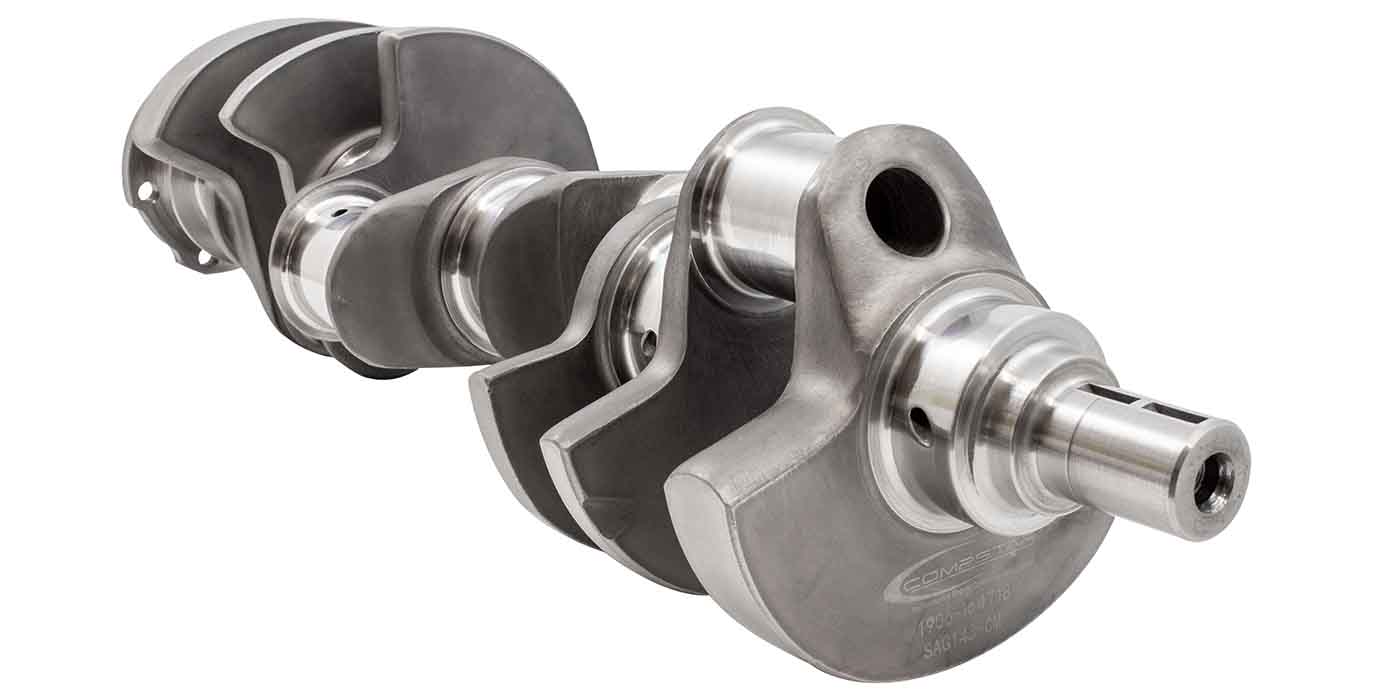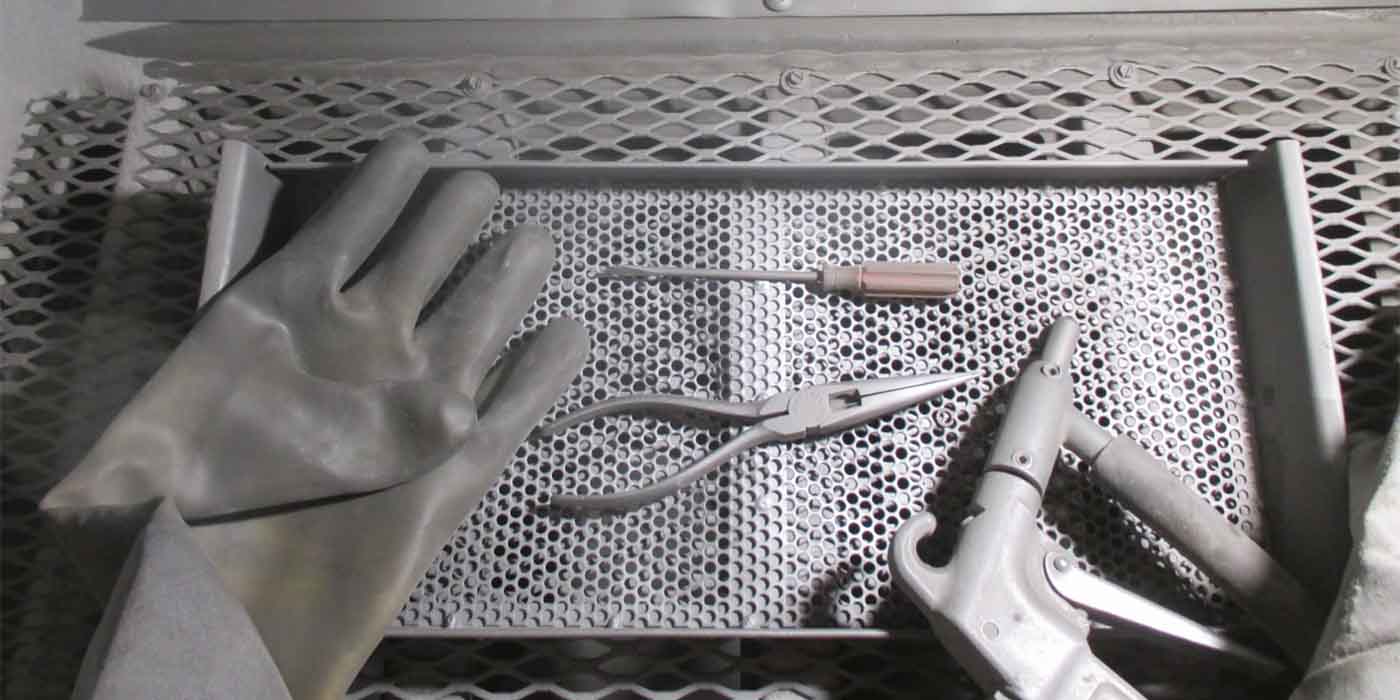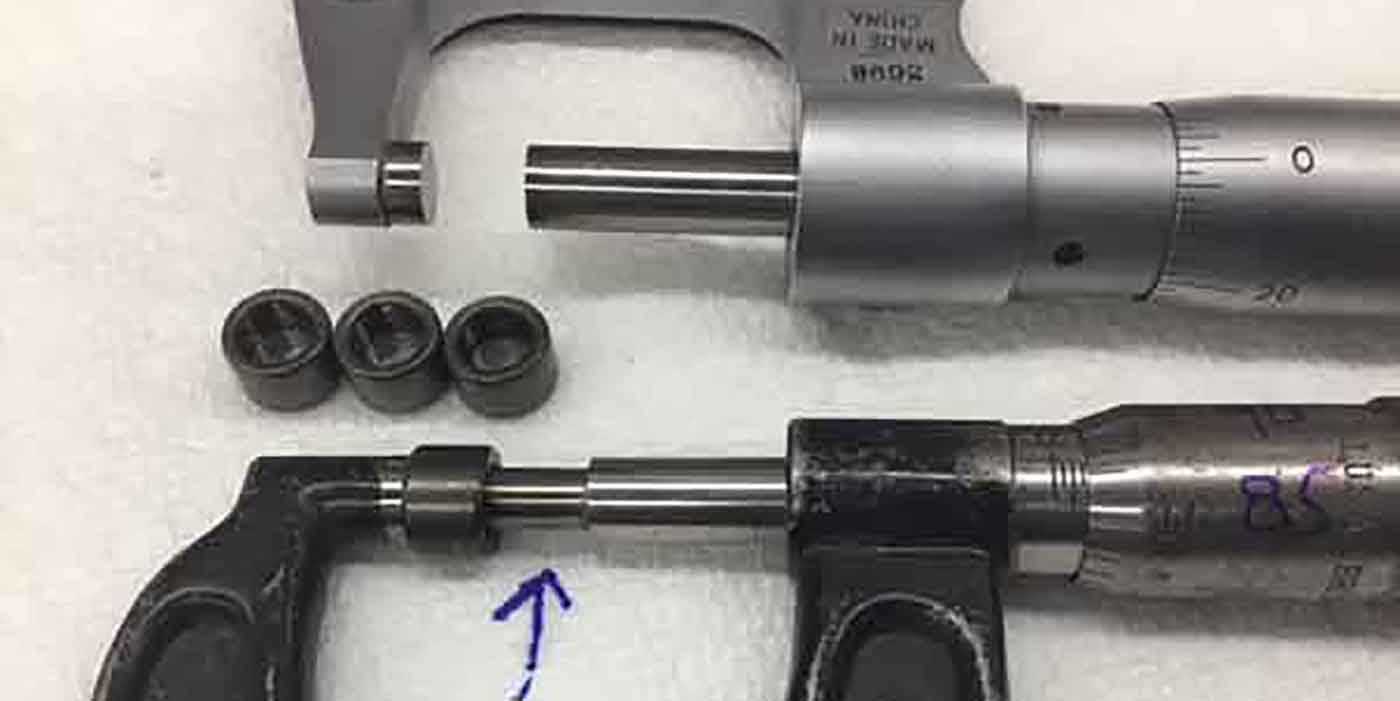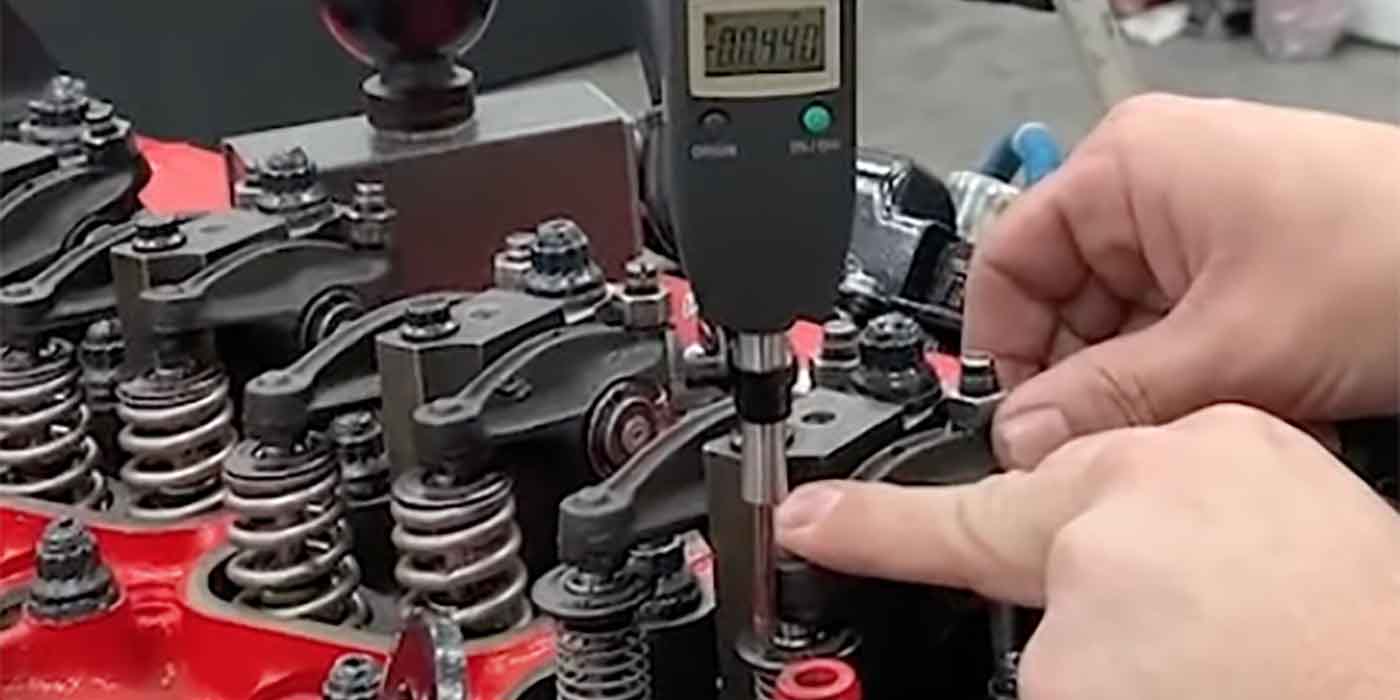We all recognize this isn’t the same business it was 25 years ago. It’s certainly less profitable. Business cycles don’t seem as consistent and it’s far more complicated. Cars are staying on the road far longer than ever, the diversity and proliferation of new makes and models seem endless and we are literally faced with 100 years’ worth of gas and diesel engines.
I’ve been working on cars for the past 40 years or so, and I’ve only been exposed to so much in those years – that leaves a huge gap in my field of knowledge! Of course, no one can possibly know it all. So what does a guy or gal do when the next unfamiliar job walks in the front door? Where does one go for technical information about the really old or the recently designed engine job you’ve just been presented with?
In the old days, manufacturer’s parts catalogs seemed to cover just about everything you might see. Today? You might be asking, “What catalogs?” New engines are coming at us so fast that even the parts suppliers can’t keep up. And with the cost of printing the huge catalogs needed today, it’s either not happening or not happening fast enough.
It’s not a new problem – we still see old vehicles that, thankfully, don’t seem to go away. And it’s not limited to autos and trucks, of course. Here in the Midwest, “Parade” tractors are prized by collectors and the data on these old workhorses can be more illusive than that of some rare autos.
So with such diversity, where can you find technical information on gas and diesel engines? Sure, your common, everyday transportation engines are covered by most major parts manufacturers and important specifications like crankshaft journal size, engine bore size or valve head size can be found either along side the part number in or in the back of a parts book. We have several good bearing manufacturers, multiple valve manufacturers and piston companies, and some great cataloging and info for all. And if you can’t find the paper catalog, just go online and you’ll find websites that range from mediocre to excellent.
Yes, it’s time. If you don’t have a computer and Internet access, you are living in the dark ages. There’s so much info available to you. Every parts manufacturer has a website today, most with online cataloging. These sites are updated as new part numbers and applications become available. Several manufacturers are hinting – some flat stating – that the printed catalog is going the way of the Studebaker. Sure, there’s some old ones around, but don’t expect to be seeing new ones.
We’ve all heard of the search engines. Google, Ask, Bing, Dogpile, Yahoo and Wiki to name a few.
Now I’m not here to say these are the end-all be-all, because it’s not. It can still be very difficult to get to the goods on your particular niche. Don’t be afraid to rewrite your search criteria in different ways. This will net a few different results. You are more likely to find the data you want by going to specific sites, ones you bookmark or are given by someone a little more in the know than yourself. Just don’t let that stop you from trying.
In every city and state, there are “the guys” who specialize, and hopefully they know you and your specialty. It has been my experience that a specialist generally likes to help others, especially if he or she is approached correctly – to be acknowledged as the reigning guru is high praise indeed. Now that doesn’t mean they’ll give up a source that is income producing, but most will surely help, or help get you going in the right direction.
Here is where your parts supplier can be of extra value. The men and women making a living supplying parts are in contact with a variety of different business types and can be a great source for help or direction. They, like me, certainly know who they’re going to call when the topic is outside their frame of reference. They’ll know the vintage parts supplier who’s been asked about the subject 100 times before as well as the niche player who is already specializing in a brand new application. Beyond the parts person, you might also think about the repair technicians, from your customer base, who is usually first to see the new models.
But here’s a quick note about ethics. Your parts supplier is there to make his company money in the form of profits; his time is just as valuable as your own. Don’t forget this. You may think you’re being smart to take info you learn to go around them to acquire parts for your project without their help, even though you’ve involved them. Unless directed to go to the source, I hope you won’t do this. These are short-lived profits and parts people have good memories. The smartest guy soon becomes just an order taker when he learns his knowledge is being abused. A parallel example is the customer who walks into your shop, magazine in hand and wants you to pick out his camshaft for him so he can order it from the online supplier. You don’t need this – neither does your parts person.
Like the associates you work with daily, there are business associations that also have technical information available at a cost. First to come to mind is the Engine Builders Association (AERA). The association’s technical staff has produced thousands of technical bulletins, which are included in the Prosis Engine Specification Software. This resource comes at a cost of membership, but if it sounds like what you need then you should contact them at 888.326.2372![]() or visit www.aera.org.
or visit www.aera.org.
Of course, I think I’ve saved the best for last. You’ve already found one of the best places to find good technical info and it comes directly to you each month. Right here in the pages of Engine Builder magazine, you’ll find several articles and if you save your copies, the one that didn’t matter to you today will be available when that job walks into your shop tomorrow. Plus, you can participate in the educational process by submitting technical tips to the “Engine Builder Shop Solutions” section found in the first few pages of every issue. You can learn something here every month earn a reward by sharing your knowledge. Those who submit a tech tip that is printed get a $100 Visa gift card from section sponsor Engine Pro.
You can also find the current issue and past issues online at
www.EngineBuilderMag.com. You can also search by subject matter right there from the homepage.
We tend to operate in a rather small or tight community. The info is out there and it might cost you a dollar or two at times, but it’s usually worth it. The knowledge you gain is what gives you the power to stay in business. n

